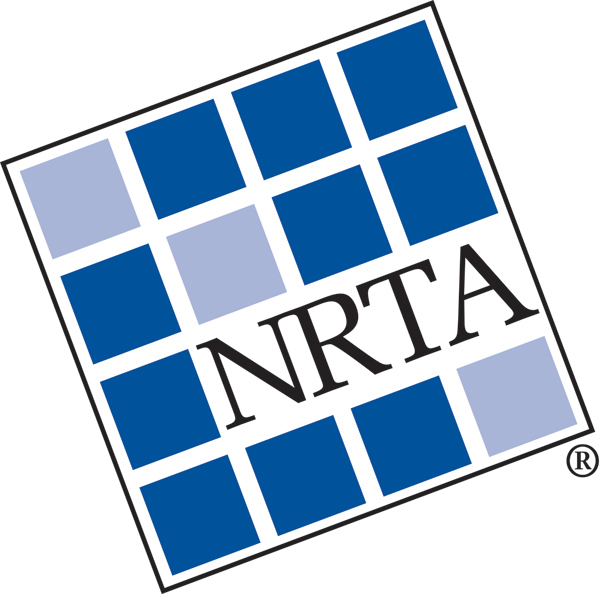ACCORDING TO A RECENT ARTICLE by Wall Street Journal commercial real estate reporter Konrad Putzier, the clothing seller tries out green energy that works via transparent cells between panes of glass.
At Patagonia Inc.’s California headquarters, some windows double as power generators.
The outdoor-clothing retailer is one of the first companies to test solar-panel windows, a new and largely unproven technology that proponents hope will become a crucial source of electricity for homes and commercial buildings.
The windows look much like normal windows, but include a layer of transparent photovoltaic cells between panes of glass that turn sunlight into electricity. Cables connect the windows to charging stations where Patagonia employees can power their cellphones.
Solar power has surged in popularity in recent years as more companies and building owners look to cut carbon emissions. Tenants and investors increasingly prefer environmentally friendly buildings, pushing up their values relative to other properties, real-estate brokers say.
Tenants and investors increasingly prefer environmentally friendly buildings, pushing up their values relative to other properties, real-estate brokers say.
Meanwhile, a number of cities and states have passed laws that will fine building owners for carbon emissions beyond a set threshold. In 2018, California passed a law that requires solar panels on all new homes and apartment buildings up to three stories tall, and will have a mandate for many types of new commercial buildings starting Jan. 1.
Proponents of solar-panel windows say the technology could allow owners of buildings with glass facades to generate far more solar power than by simply putting traditional solar panels on the roof. Patagonia’s headquarters will be an early test case of whether the technology can deliver on its promise.
Vincent Stanley, Patagonia’s director of philosophy, said the company’s headquarters complex in Ventura, Calif., has plenty of glass facades that would be suitable for solar-panel windows. “We can figure out how it works and support its development,” he said. “If it does work, the potential is enormous.”
Read the full article.
Write to Konrad Putzier.
–Article appeared in the Dec. 28, 2022, print edition.
